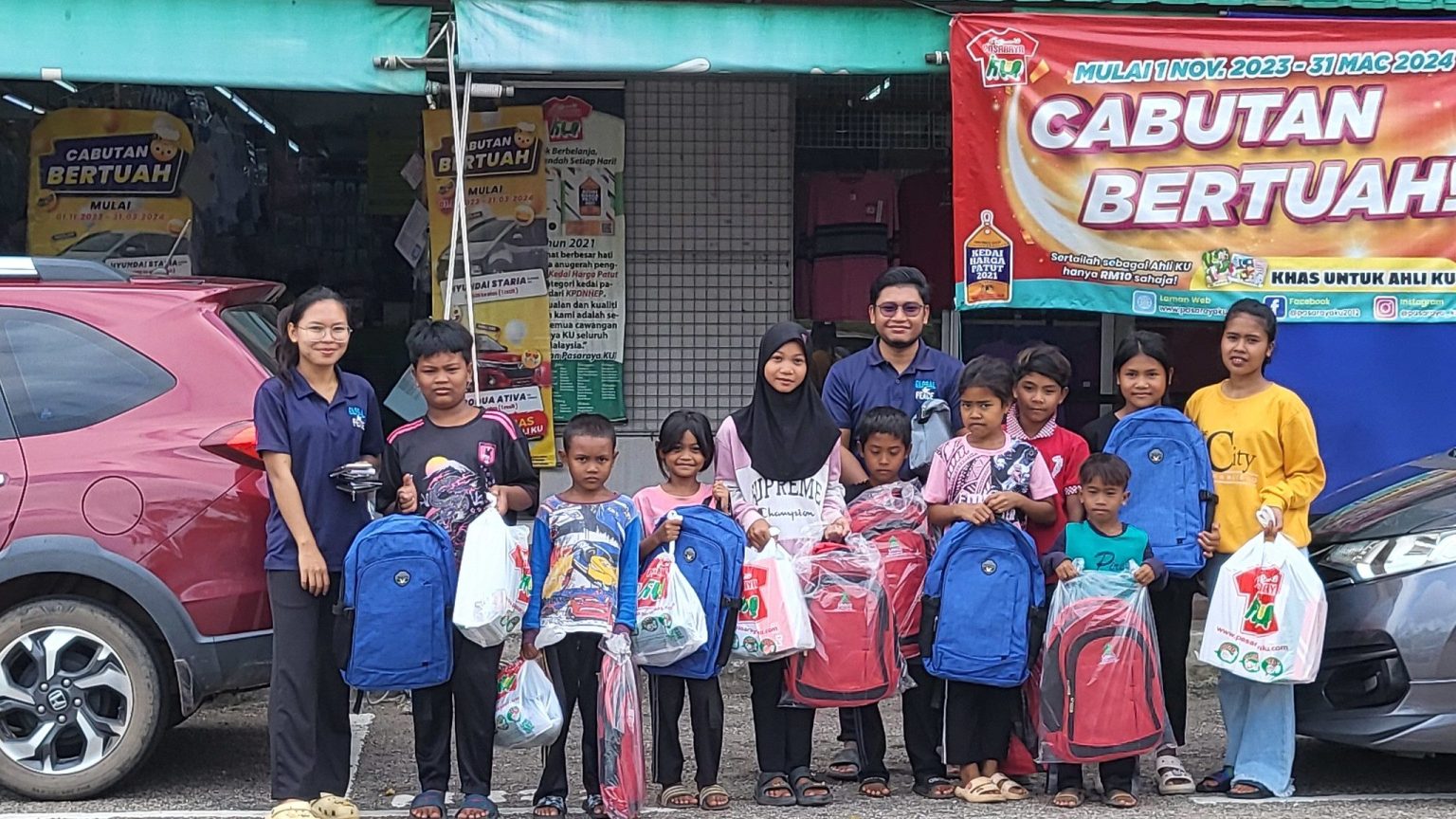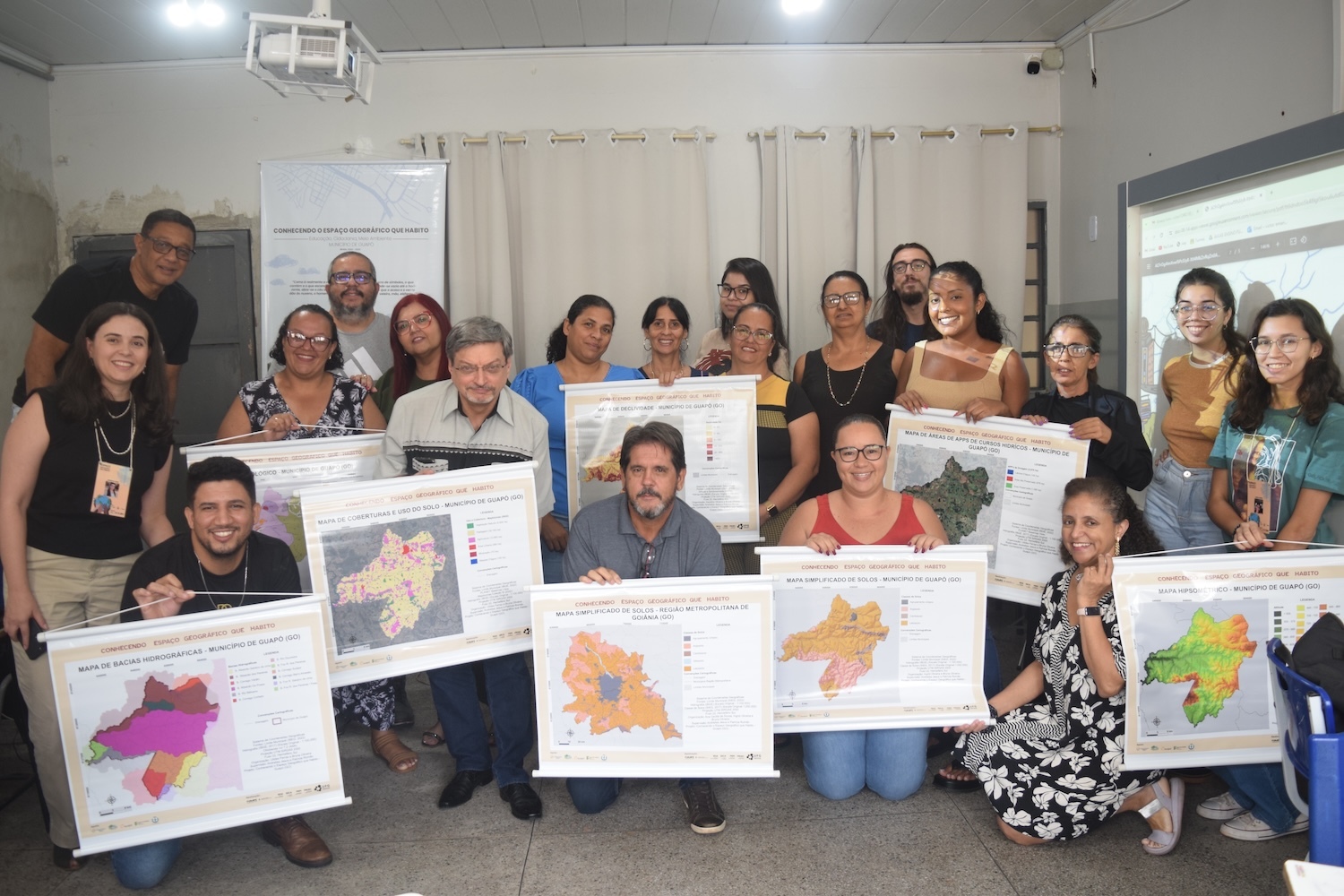Chief Dr. Robert Joseph is a Gwawaenuk elder and the founder of Reconciliation Canada, an organization that is leading the way in engaging the country’s multi-faith and multi-cultural communities through dialogue and shared transformative experiences. In a special online Interactive Forum with the Cross-Community Reconciliation (CCR) Team in Billings, Montana (USA), Chief Joseph and his daughter Shelly Joseph shared best practices and insights on the process of reconciliation.
The Cross-Community Reconciliation pilot program organized by Global Peace Foundation is a unique cross-cultural and community-based effort to create a deeper understanding between members of the region’s diverse population, including the rich culture and heritage of the state’s Native American communities.
Dr. Joseph shared deeply about his childhood, having attended a Boarding School and the trauma he faced growing up. He shared that children were abused in residential schools and were confronted by the suffering caused by colonization and cultural genocide. Families were systematically disrupted to prevent the passing on of tradition and identity. Through these hardships, he had to find his vision and his faith.
Despite this unimaginable and sorrowful history, surveys show that 7 out of 10 native Canadians want reconciliation and healing with others. This is what led Chief Joseph and his family to start a public walk to heighten the awareness of a new commission that would include elders from many differences and races in Vancouver.
The Gwawaenuk nation has a phrase, Namwayut, “We are all one.” There is a need for deeper understanding through a shifting tone of the dialogue. “We want to normalize love,” said Shelly Joseph, “Helping all people feel that they matter.” Chief Joseph commented, “Without others, we are less.”
Shelley also shared tips on facilitating workshops and gatherings with diverse peoples to talk about sensitive topics like race. She pointed out, “We have to lead with vulnerability. Share your story; Your connection with other people depends on you and the courage you have to invite people in.” Reconciliation doesn’t just belong to specific races or groups of people—we all experience pain and joy and we need to find ways to relate to each other in our daily lives and in our own relationships.
There is value in storytelling, said Shelly, calling the process “circles.” “We’re so guarded,” she said, “We need to show our real selves to build understanding.” Chief Joseph agreed saying, “Who are we in this room? What is our purpose? Who am I? We need to drop our titles and be present and connect with each other as humans first, then later we can put our titles on in order to create action plans.”
Humankind is one and dialogue is the key to finding common ground and engaging in the process of creating and maintaining peace. Everyone matters and we need to find or create a space where we can meet. Chief Joseph commonly shares at the beginning of a speech or meeting, “Greetings to all my relatives!” We have to commit to our common humanity, to transparency, and principles.
Learn more about the transformative healing power of reconciliation in Chief Dr. Robert Joseph’s Ted Talk. Chief Joseph’s hope and optimism for the future of his country shines through, acknowledging the haunting history of the intergeneration trauma brought on by colonialism and encouraging the diverse population to have a forward-thinking attitude to let reconciliation prevail and create a brighter tomorrow for all humanity.



